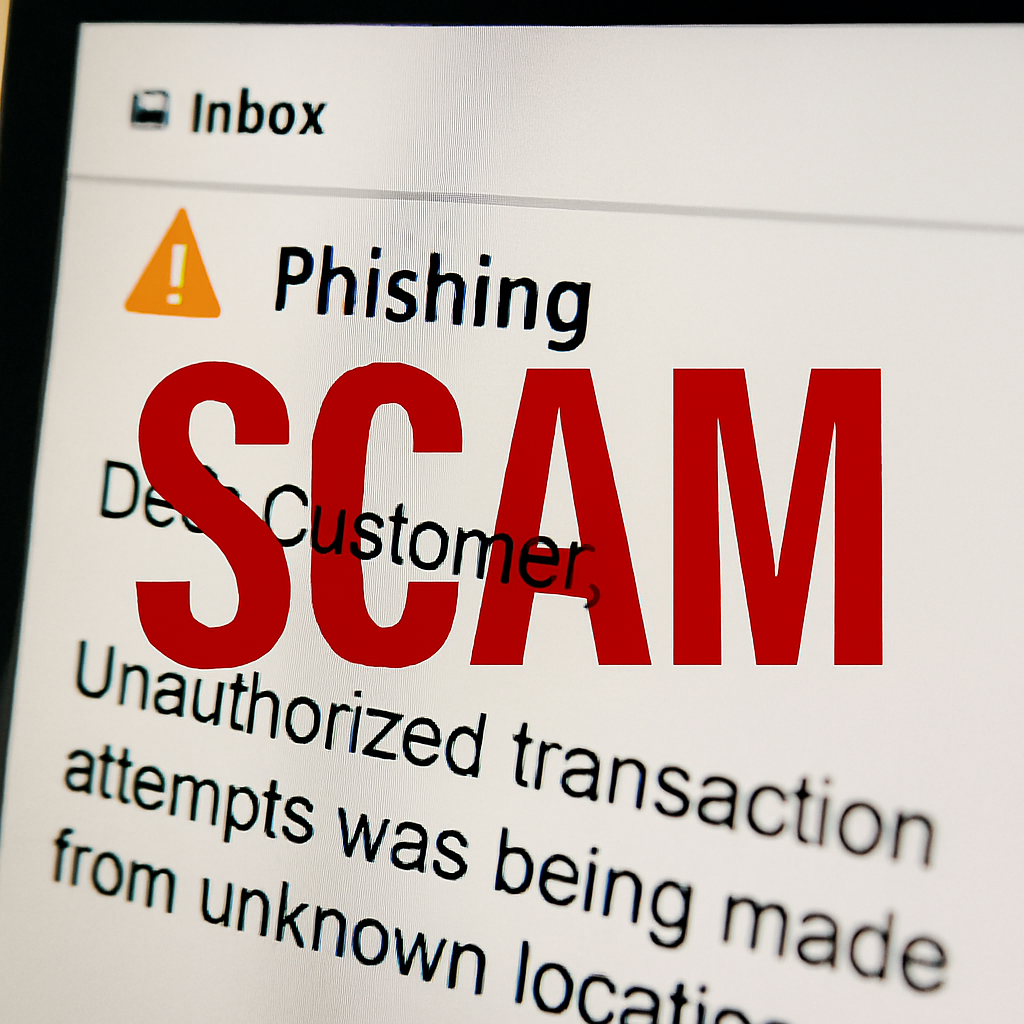A Mumbai call center pretended to be antivirus software suppliers in order to scammed US citizens. Find out how the scam operated & tips to ignore such tech support scams.
Recently, naive US individuals became the subject of an antivirus renewal scam. Similarly, fake tech support was used in a fraudulent call centre impersonation scam in Mumbai. Victims of scams were duped into paying for services that never existed. The plan was a response to an increasing number of occurrences of tech support fraud.
The terrible details of this unauthorized call centre Mumbai were disclosed by police reports. False renewal mailings and misleading calls were employed in the scam. Phishing emails US with frightening warnings were frequently sent to victims. A lot of people were duped into gift card payment scam. Citizens must thus continue to be on the lookout for such dangers.
Background
Fake subscription expiry notices were issued to US citizens as part of the antivirus renewal scam. As a result, victims thought their antivirus protection was in jeopardy. Particularly, the unauthorized call centre Mumbai took advantage of this anxiety. They demanded money by pretending to be trustworthy antivirus companies. Phishing emails US were used to send phony invoices in an attempt to appear legitimate. As a result, scammers then called people to follow up. To establish credibility, the scammers used polished communication techniques.
Dozens of skilled callers were actually used in the call centre impersonation scam. They persuaded them to pay the renewal fees immediately.
Furthermore, the victims were under pressure to finish transactions in a matter of minutes. As a result, numerous citizens were caught in the trap.
Some were requested to provide their remote access credentials. Others were asked to submit gift codes related to card payment scam. Victims in both cases were left with little money.
The event was brought to light by the FBI and cybersecurity specialists as an increasingly common instance of tech support fraud.
Moreover, the scheme also demonstrated how thieves take advantage of weaknesses in digital trust. Authorities emphasized immediate awareness initiatives, for the most part.

Impact
US citizens suffered both financially and emotionally as a result of the antivirus renewal scam. Particularly, hundreds, even thousands, of dollars were lost by victims. Additionally, a large portion of their savings were lost due to the gift card payment scam. Experts in cybersecurity noted an increase in occurrences of related tech support fraud. Moreover, elderly consumers were actually frequently targeted. Fraudsters took advantage of their lack of technical expertise. The call centre impersonation scam damaged trust in genuine antivirus companies.
Comparatively, legitimate service providers faced reputational setbacks. Consumers grew wary of renewal reminders altogether. Furthermore, the scam undermined digital literacy campaigns.
When citizens realized they had been duped, they felt ashamed. Due to data exposure, victims simultaneously feared identity theft. The exposure of financial and personal data was verified by law enforcement.
As a result, banks were inundated with fraud allegations. It was challenging for authorities to follow down stolen funds that were sent abroad. Indo-US cybercrime collaboration was further strained by the unauthorized call centre Mumbai.
For instance, accountability was dragged down by extradition procedures. These kinds of schemes clearly have long-term effects. In addition to losing money, people start to distrust digital platforms.

Scam Mechanics
The antivirus renewal scam followed well-thought-out procedures. First, scammers sent phony subscription notices via phishing emails US were sent. The notifications alerted users that their antivirus software was about to expire. Second, the unauthorized call centre Mumbai team called the victims again. In a call center impersonation scam, scammers pretended to be support employees. They instilled a sense of urgency to demand prompt payment. At exorbitant prices, victims were asked to renew their services. They were led to a gift card payment scam in another instance. Callers, for example, requested Google Play or iTunes coupons.
Then, under pressure, victims exchanged codes. Furthermore, scammers also deceived users into providing remote access, as mentioned.
To incite panic, they used their access to insert fictitious error warnings. As a result, people thought their gadgets were compromised.
Payments were immediately asked after persuasion. Fraudsters requested card information or wire transactions. Actually, there was no antivirus renewal.
Rather, funds were anonymously sent overseas. However, some victims discovered the scam too late. Panic and hurry are the lifeblood of the tech support scam industry. Scams, after all, thrive when people believe unsolicited alerts.
All things considered, the operation revealed a complex web of deceit. It brought attention to the rising danger of international cybercrimes.

Public / Media Reaction
According to Time of India report, on Sunday night, the Mumbai crime department shut down an unauthorized call centre in Goregaon East that was tricking Americans by pretending to be antivirus agents. Around 7 p.m., unit 12 responded to a tip and raided the seventh floor of a business complex, apprehending 13 individuals, including 10 tele-callers, a manager, and two operators. Police confiscated 20 cell phones, 10 laptops, and 15 PCs. According to officials, the accused tricked victims into purchasing $250–$500 gift cards by sending phishing emails with names like Greeksquad and McAfee.
Later on, these were transformed into cryptocurrency. To find the larger network, the accused are being questioned. Both Indian and American media outlets swiftly reported on the antivirus renewal scam. The unauthorized call centre Mumbai raid was covered by the Times of India.
Computers, call scripts, and transaction data were confiscated by the authorities. The story then gained widespread notice. It is a deadly type of tech support fraud, according to American cybersecurity specialists. In addition, victims in the United States spoke to the media about their experiences.
The gift card payment scam, they said, was frightening and humiliating. The public’s ire at this kind of exploitation is another important factor.
The call center impersonation scam did, however, highlight the necessity of international cyber policing. On the plus side, media awareness initiatives got underway. They instructed consumers on how to identify fake antivirus alerts.

Prevention / Tips
Digital literacy and vigilance are necessary to avoid antivirus renewal scam. People should always be wary of uninvited tech calls. First of all, don’t respond to phishing emails US that say your antivirus has expired. Check official websites directly for renewal requests. Likewise, don’t give strangers remote access. It is evident that when urgency is generated, tech support fraud flourishes. Consequently, take a moment before responding to pressure techniques. Payment security is another important consideration. Be wary of gift card payment scam if someone asks for gift cards. Such techniques are never required by legitimate businesses. It’s crucial to know what to do when someone demands gift card for tech support renewal. Report the fraud right away by getting in touch with your bank. Additionally, report the event to the local authorities.
Conclusion
The increasing dangers of tech support fraud were brought to light by the antivirus renewal scam from an unauthorized call centre Mumbai. Gift card payment scam caused losses for victims. The call centre impersonation scam was fueled by phony notifications and urgent calls. As a result, people’s confidence in legitimate services declined. Nonetheless, vigilant citizens can defend themselves. It is essential to understand how to identify fake antivirus alerts. Learn what to do when someone demands gift card for tech support renewal.
